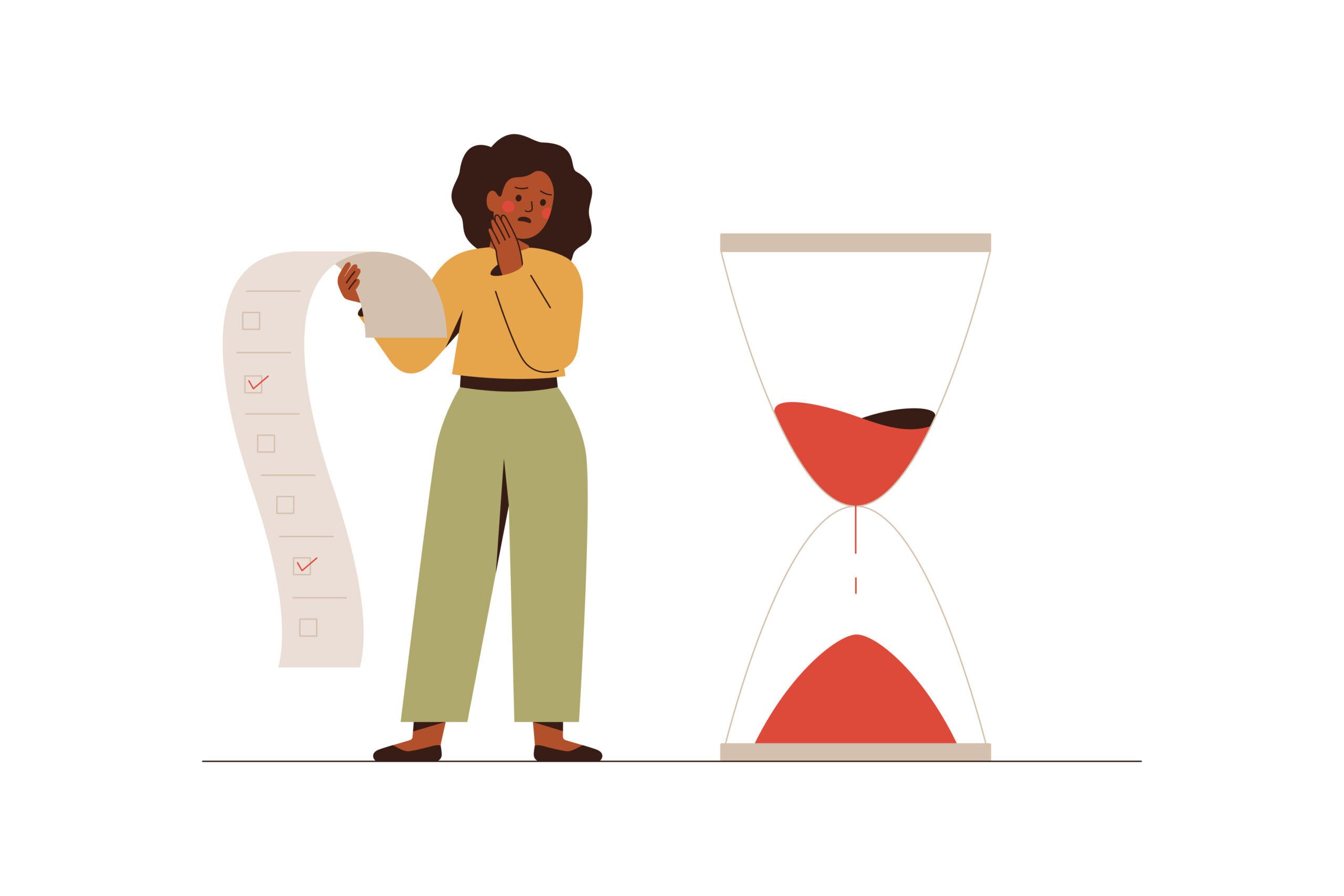Discipline is Freedom
There is a big banner that drapes down from the ceiling in the gym I go to every day. It says, “Discipline is Freedom.” I think about this concept...
4 min read
Karen Kendrick : February 14, 2024

I am not and will never be a mathematician, but there is power in breaking things down using a little math to make them real. This blog grew out of a conversation I had with my incredible colleague, Erica Morris, who set me straight and also set me free in one conversation.
Erica is a guru of organization. I mean, she has tricks and skills she learned while in the military and working all over the world. Recently, we were talking about my growing number of tasks that were behind schedule in our project management system. She asked me how much time on average a task takes me. When I said 15-60 minutes, she pointed out, in her amused and delightful way, that the reason I was feeling crazy was I kept assigning myself 10+ tasks a day! With all my meetings and tasks that pop up via email, I could really only manage maybe five tasks taking 15-60 minutes – on a good day!
To some of you, this might sound really simple. But I have to be honest: I was beating myself up for not getting more done and getting behind, when I was actually creating an expectation that was impossible to fulfill. So, let me see if I can bring a little of Erica’s wisdom to your reality. And hopefully this will be a bit eye-opening. But also set you free!
Ok, so that’s just a little less than one hour per donor. That sounds pretty doable right? Well let’s break this down further and look at what else you’re doing in those 18 days that’s not directly related to your caseload of donors. Here are some examples of different areas you can so easily get pulled into, either by request from your manager or just because you think it’s fun and enjoy doing it.
Spend a few minutes thinking through an average week. How many hours are you spending doing things that are not related to your donors? Some are probably necessary, like a staff and department meeting. But even necessary meetings can be done in a streamlined, only-as-needed basis.
Now, let’s break down what types of tasks you’re doing per donor and how much time they take. Tasks may range from 5 minutes to multiple hours per donor, depending on supplies, CRM capabilities, and admin support. Your task list may include things like:
You have a lot of relationships and a lot of tasks to complete each month that you want to do in a thoughtful and strategic way that is present to who your donors are as individuals. This is why The Veritus Way works. It helps you to first qualify your donors (confirm they want a two-way relationship), tier them, set a goal, and build a 12-month plan for every donor. In that way, you can actually get your arms around all of this work and create an individualized and authentic partnership, but you still have to protect your time, even with all of this structure and support.
Here are a few things you can do:
I hope this was eye-opening. But I also hope it felt freeing too as you got a clearer picture of what is really taking up your time. And I hope it helps you be able to more clearly share with your manager what would help you carve out more time to be relationship focused.
Karen

There is a big banner that drapes down from the ceiling in the gym I go to every day. It says, “Discipline is Freedom.” I think about this concept...

Today’s guest blog post was written by Diana Frazier, Senior Client Experience Leader at Veritus Group.

There’s a moment in every fundraising shop when you can feel a shift. Conversations deepen. Meetings become easier to secure. Donors begin...